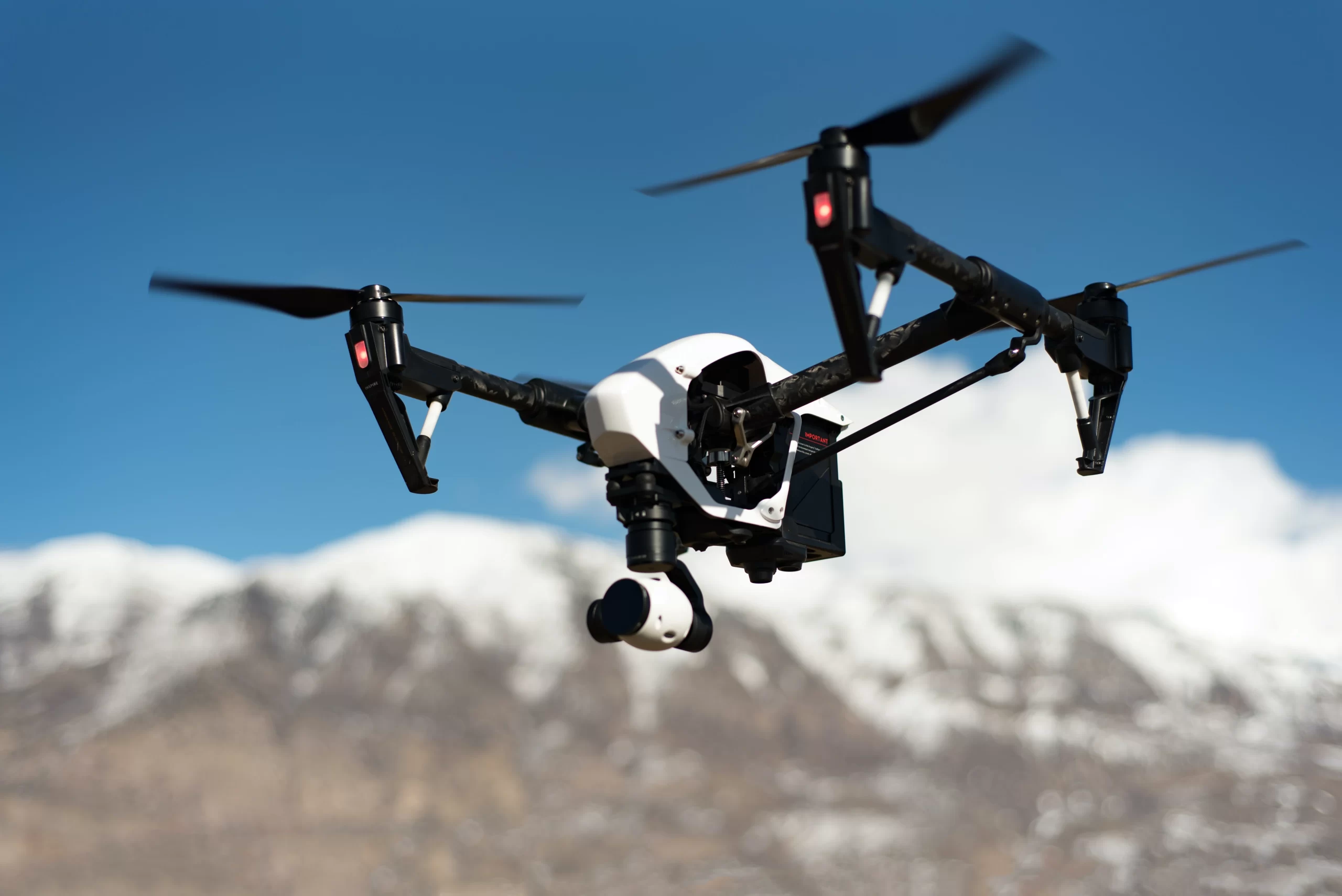Modern Robotics: Mechanics, Planning, and Control Specialization
Unlock the Future of Robotics with Northwestern University’s Modern Robotics Specialization
Are you passionate about robotics? Do you want to understand the mechanics, planning, and control behind mobile robots and robotic arms? If you are committed to mastering the essential mathematical modeling techniques used across all robotics subfields, then Northwestern University’s Modern Robotics: Mechanics, Planning, and Control Specialization is designed for you.
A Rigorous and Comprehensive Learning Experience
This six-course specialization is not an introductory sampler—it is a serious academic program tailored for students who aspire to build careers in robotics or pursue advanced studies in the field. Throughout the specialization, you will explore fundamental topics such as:
- Kinematics – Understanding robot configurations, degrees of freedom, and spatial representation of motion
- Dynamics – Analyzing forces and motion in robotic systems
- Motion Planning – Developing algorithms for navigation and manipulation
- Control – Learning how to design control systems for precise robotic movement
Academic Excellence from a Prestigious Institution
Northwestern University’s Modern Robotics Specialization is led by world-renowned faculty, including Professor Kevin Lynch, Chair of the Mechanical Engineering Department. An IEEE Fellow and leading authority in robotics, Professor Lynch has authored multiple influential textbooks and serves as Editor-in-Chief of the IEEE International Conference on Robotics and Automation. The specialization benefits from the cutting-edge research conducted at Northwestern’s esteemed Neuroscience and Robotics Lab and the Northwestern Institute on Complex Systems, ensuring that students receive a rigorous, high-quality education grounded in real-world applications.
Course 1: Foundations of Robot Motion
The journey begins with Foundations of Robot Motion, where you will gain crucial insights into:
- Configuration space (C-space) and its topology
- Degrees of freedom and constraints (holonomic and nonholonomic)
- Representation of spatial velocities and forces using twists and wrenches
These core principles are essential for understanding robotic movement and control, forming the basis of all modern robotics applications.
Textbook and Hands-On Learning
The specialization follows the renowned textbook Modern Robotics: Mechanics, Planning, and Control by Kevin Lynch and Frank Park (Cambridge University Press, 2017). Learners can access a free preprint PDF or purchase the textbook for deeper study.
Additionally, students will:
- Build a robotics software library in Python, Mathematica, or MATLAB
- Utilize V-REP, a free, cross-platform robot simulator, to work with state-of-the-art robots from anywhere with zero financial investment
Course Highlights
- Chapter 2 (Part 1): Configuration space and degrees of freedom of rigid bodies and robots
- Chapter 2 (Part 2): Configuration space topology and representation; configuration and velocity constraints; task space and workspace
- Chapter 3 (Part 1): Rigid-body motions, rotation matrices, angular velocities, and exponential coordinates of rotation
- Chapter 3 (Part 2): Homogeneous transformation matrices, twists, screws, exponential coordinates of rigid-body motion, and wrenches
This specialization provides a structured, high-quality learning experience that prepares you for the evolving world of robotics. If you are ready to invest in your future and dive deep into the mechanics of robotics, enroll today and take the first step toward mastering this cutting-edge field.

Kevin Lynch
Professor Northwestern University
Kevin Lynch is Professor and Chair of the Mechanical Engineering Department at Northwestern University. He is a member of the Neuroscience and Robotics Lab (nxr.northwestern.edu) and the Northwestern Institute on Complex Systems (nico.northwestern.edu). His research focuses on dynamics, motion planning, and control for robot manipulation and locomotion, self-organizing multi-agent systems, and functional electrical stimulation to restore human function. Dr. Lynch is Editor-in-Chief of the IEEE International Conference on Robotics and Automation and incoming Editor-in-Chief of the IEEE Transactions on Robotics. He is co-author of the textbooks “Principles of Robot Motion” (MIT Press, 2005), “Embedded Computing and Mechatronics” (Elsevier, 2015, http://nu32.org), and “Modern Robotics: Mechanics, Planning, and Control” (Cambridge University Press, 2017, http://modernrobotics.org). He is an IEEE fellow and the recipient of Northwestern’s Professorship of Teaching Excellence and the Northwestern Teacher of the Year award in engineering. He earned a BSE in electrical engineering from Princeton University and a PhD in robotics from Carnegie Mellon University.
https://www.coolmediallc.com/try-coursera-plus/
Coursera Plus provides access to most of our catalog, including popular Professional Certificates from Google and Meta. The following beginner-level Certificates are popular with learners, prepare learners for an in-demand role, and are worth highlighting as some of the great course options available to learners who subscribe to Coursera Plus:
Google Data Analytics Professional Certificate
Google UX Design Professional Certificate
Google IT Support Professional Certificate
Google Project Management: Professional Certificate
Google Digital Marketing & E-commerce Professional Certificate
Meta Front-End Developer Professional Certificate
Meta Back-End Developer Professional Certificate
Meta Database Engineer Professional Certificate
Meta Android Developer Professional Certificate
Meta iOS Developer Professional Certificate
Meta Social Media Marketing Professional Certificate
Meta Marketing Analytics Professional Certificate



